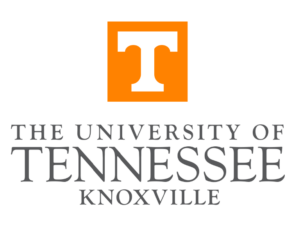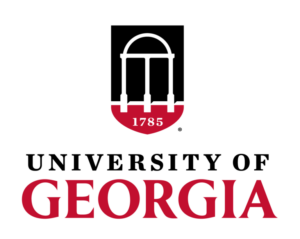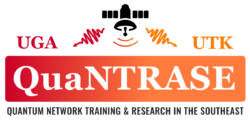Education & Training
Education And Training
Quantum networking is an emerging field as well as a convergent one: it is essential to combine expertise from several science and engineering disciplines to address the deep and complex challenges of quantum technologies.
These qualities of convergence are reflected in both the proposed research and the training framework described here. Quantum networking research and training requires the synthesis of traditional disciplinary domains, including those involving the physics underlying quantum phenomena, the materials chemistry and engineering required to construct quantum networking technologies (components, devices, testbeds), and the algorithms and protocols underpinning quantum computing. These integrated and coordinated efforts must be sustained in academia, government laboratories, and industry environments by a trained workforce, at all stages from basic research into instantiation, ultimately enabling a quantum internet that will transform communications and lead to human progress.
To meet this ambitious objective,
QuaNTRASE is focusing on the following specific goals:
QuaNTRASE Curriculum and Course Offerings
Create a total of six new courses (17 credit hours) for the QuaNTRASE program.
link cross-disciplinary training at a fundamental level via introductory courses, seminars, retreats, peer support networks, and social community interactions among UGA and UTK cohorts;
create a hybrid discussion and instruction format for cross-institution teaching that will incorporate laboratory components; i.e., students perform experiments independently at UGA and UTK, and then use virtual tools to collectively share and discuss the results.


